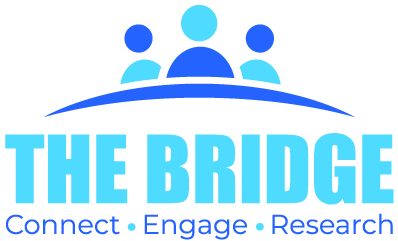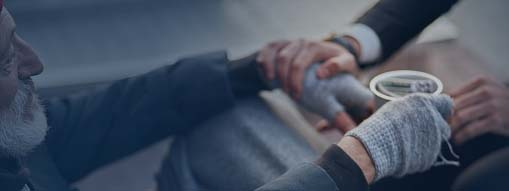At the Bridge, we work closely with people who self-identify as homeless, at risk for homelessness, low-income racialized including Indigenous populations. These same people also suffer from poor mental health, addictions to tobacco, alcohol and drugs. We experienced that the student volunteers or trainees at the Bridge also hold similar stigma, stereotype and racism against the Bridge populations. Hence, the Bridge has developed a Bridge Inclusivity Training (BIT) in partnership with community peer researchers with lived experience. Over the past several years, we have thus far administered BIT to multiple students (medical and non-medical) with great success. It is an in-person training provided in partnership with community peer researchers over 3-4 hours where multiple case scenarios are discussed in a non-judgmental, open discussion format. Students get to ask questions and seek input from people with lived experience of poverty, marginalization, especially racism, in the healthcare settings.
Currently, we are evaluating the adaptation and Effectiveness of the Bridge Inclusivity Training (BIT) for medical trainees. This pilot evaluation process of BIT aims to provide suitable training for medical trainees to improve their awareness and responsibilities to society’s most marginalized people and the Canadian healthcare. It will also allow us to understand how to best evaluate the effectiveness of such activities as BIT. BIT aims to produce adapted inclusivity training and standardized patient assessment for future medical graduates. BIT seeks to help these students get the concrete skills they need to provide culturally competent and compassionate care as students and as future doctors.
This project is ongoing

